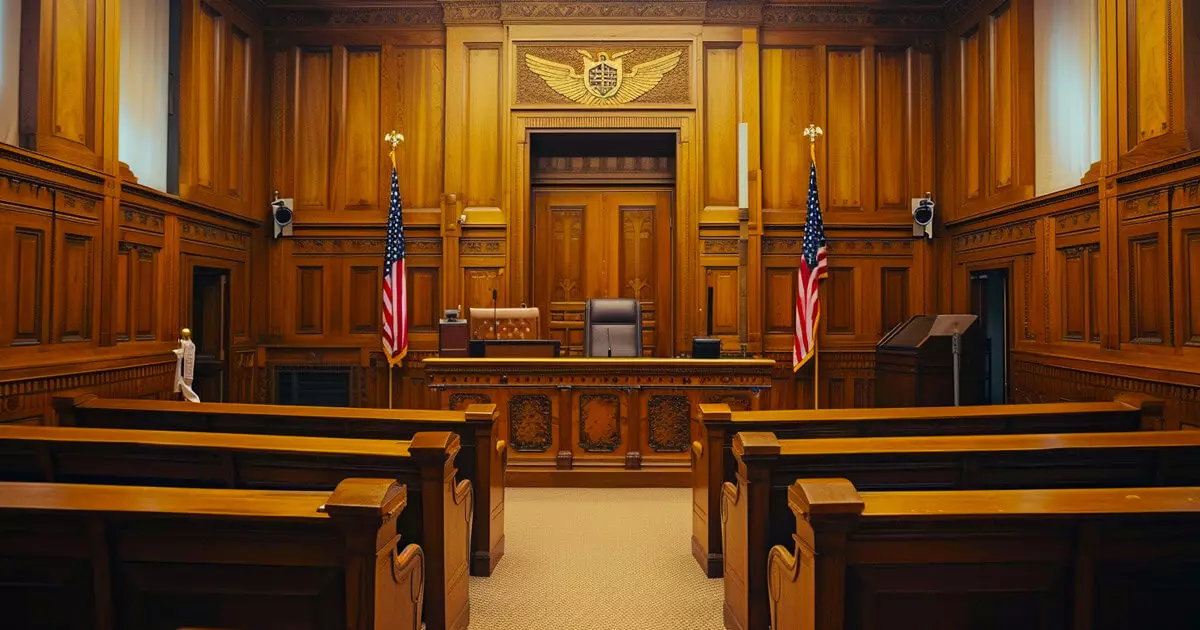The recent decision by the US Supreme Court to overturn the Chevron doctrine has significant implications for the regulation of cryptocurrencies. Economist Timothy Peterson highlighted the importance of this ruling, stating that it limits the Securities and Exchange Commission’s (SEC) interpretive power against Bitcoin. This decision could lead to a more balanced legal landscape for crypto assets and fairer regulations in the industry.
The Chevron doctrine, originating from the 1984 case Chevron v. Natural Resources Defense Council, established a test for determining when federal courts should defer to agency interpretations of laws and statutes. However, the recent overturning of this doctrine challenges the SEC’s unilateral authority in interpreting crypto assets as securities.
According to Fox Business reporter Eleanor Terrett, the end of the Chevron doctrine does not completely strip the SEC of its enforcement powers but raises questions about the agency’s authority to regulate crypto as securities. This could impact ongoing cases, such as the SEC’s claims against Consensys regarding the classification of certain tokens as securities. The decision to overturn Chevron may prompt courts to scrutinize the SEC’s anti-crypto stance more closely.
The overturning of the Chevron doctrine could result in a more balanced legal landscape for cryptocurrencies. By limiting the SEC’s ability to define assets as securities without judicial scrutiny, this ruling may lead to fairer regulations and a more transparent regulatory environment for crypto market participants. This change could also reduce the SEC’s interpretive power and prevent unilateral actions against crypto projects.
Lawyer Paul Clement, in the case of Loper Bright Enterprises vs. Raimondo that led to the overturning of Chevron, highlighted the challenges posed by agency authority in regulating cryptocurrencies. He pointed out the gridlock related to Chevron and emphasized the need for Congress to address the regulatory oversight of crypto assets. The ruling may prompt a reevaluation of agency authority in handling crypto-related cases and could steer regulations in the right direction.
The overturning of the Chevron doctrine by the US Supreme Court has far-reaching implications for the regulation of cryptocurrencies. This decision limits the SEC’s interpretive power and could lead to a more balanced and fair legal landscape for crypto assets. By requiring judicial scrutiny of agency actions, this ruling may promote transparency and clarity in crypto regulations, ultimately benefitting the industry as a whole. The impact of this decision on future crypto regulations remains to be seen, but it is clear that it marks a significant milestone in the development of regulatory frameworks for digital assets.















